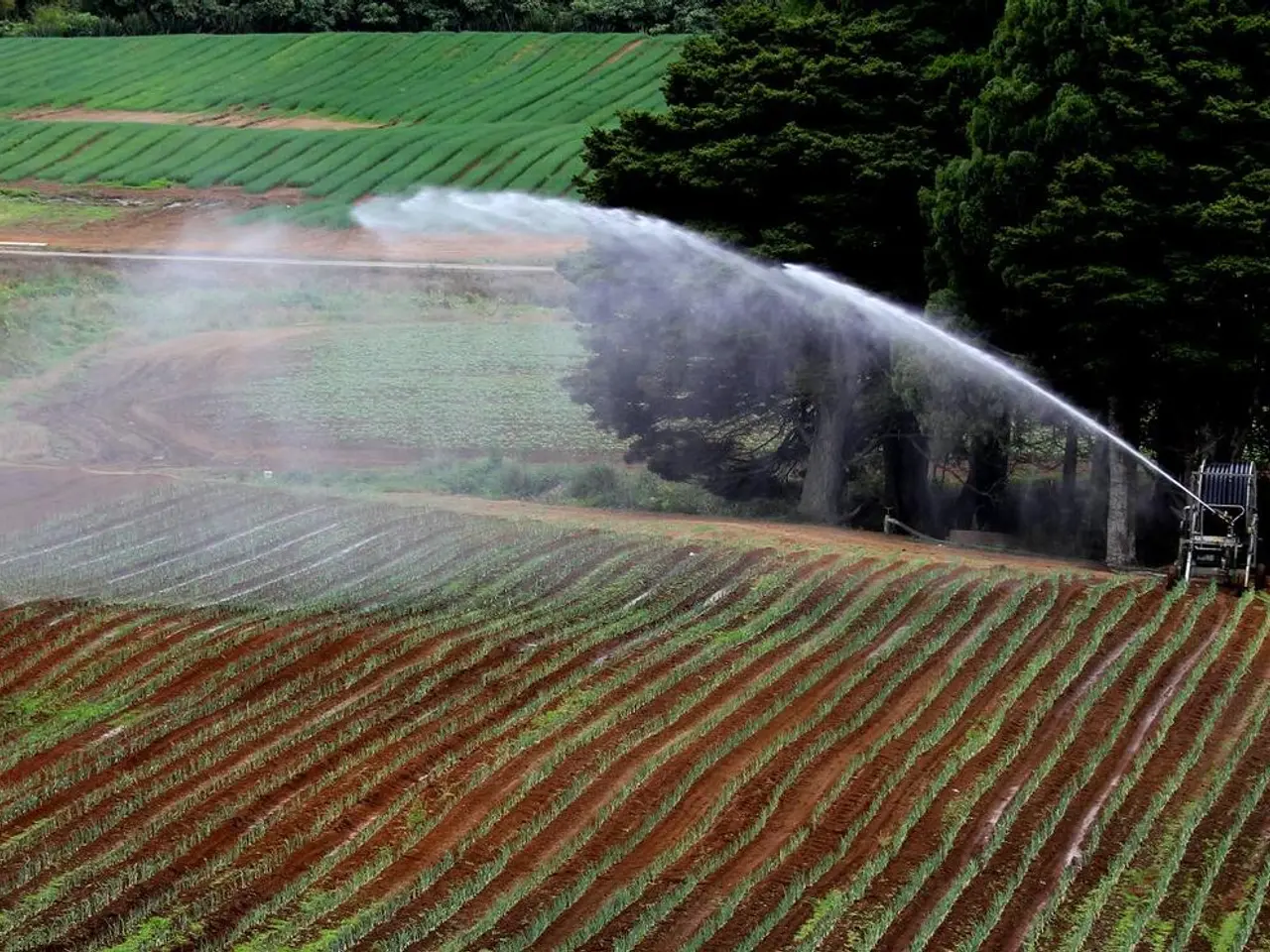Regional Economic Innovations Persist in Krasnodar
The Federal "Labor Productivity" project, a key component of Russia's national project "Efficient and Competitive Economy," is making strides in increasing the competitiveness of Russian industries and fostering a culture of high productivity.
The project is geared towards promoting intensive economic growth, shifting focus from increasing working hours or workforce size to boosting output per worker. This is achieved through technological modernization, better investment in human capital such as education and training, and reforms to improve productivity.
One of the project's central pillars is workforce development and advanced training. It supports the expansion of advanced engineering schools and vocational education, paired with industrial clusters under programs like Professionalitet. This facilitates the training of skilled professionals required by industries, allowing sectors such as mechanical engineering, metallurgy, and electronics to grow competitively.
Support for technological modernization and domestic production is another key element. Investments and subsidies encourage upgrading industrial machinery, developing previously imported product lines domestically, and fostering innovation—contributing to improved productivity and competitiveness.
Efforts also include government retraining programs, tax benefits for SMEs, simplification of regulatory frameworks, investment incentives like lowered interest rates, and infrastructure development to create a more conducive environment for productive labor activity and industrial growth.
The recent move to reduce working hours slightly in 2025 aims to maintain or improve productivity per hour rather than emphasize longer work durations, addressing structural crisis symptoms and focusing on higher efficiency.
In practice, the "Krasnaya Zvezda" agricultural enterprise in Beloglin district is optimizing its milk production process, while the "Rodnik" sanatorium in Anapa, with the help of experts, redesigned its catering system, resulting in a 23.2% reduction in process time, a 17.6% increase in output, and improved guest satisfaction from 73% to 85%.
Similarly, the "Anapskoe Vzmorie" hotel resort has redesigned key service processes, expected to bring an annual economic effect of 5.5 million rubles. At the "Kuban-Akrilat" enterprise in Timashevsk, a value stream map has been developed with the support of Regional Competence Center experts, aimed at reducing order processing time, lowering costs, improving product quality, and customer loyalty.
Participating companies in the federal "Labor Productivity" project receive targeted expert support to optimize production processes, reduce losses, and increase output. For instance, the "Chateau Pino" enterprise is receiving support from the project, and the "Anapskoe Vzmorie" hotel resort is working to replicate its success across all services and turn best practices into standard operating procedures.
The project's ultimate goal is to increase the competitiveness of Russian goods and services and foster a culture of high productivity in basic non-resource industries. Experts from the Regional Competence Center will continue to assist various enterprises, such as the winery in Novorossiysk, in finding hidden reserves and implementing modern tools to boost productivity and competitiveness.
The Federal "Labor Productivity" project, a key component of Russia's national project "Efficient and Competitive Economy," is not only increasing the competitiveness of Russian industries but also fostering a culture of high productivity in business sectors. This is achieved through various means such as workforce development, technological modernization, investment in human capital, and reforms to improve productivity, all of which fall under the finance industry. The project's ultimate goal is to increase the competitiveness of Russian goods and services in the global market, which can potentially lead to increased revenue and growth for the finance industry.




